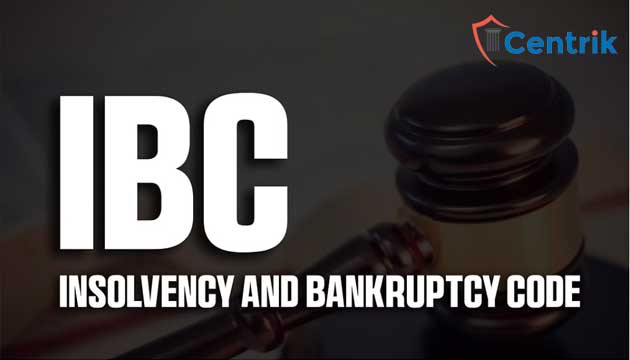
Status as on- 14/03/2023
The twin objectives of the Insolvency and Bankruptcy Code “(IBC)”, 2016 are timeliness and value maximization of assets. While value maximization depends on timely resolution, the latter depends on a seamless Corporate Insolvency Resolution Process “(CIRP)”.
Section 12 of the IBC mandates that CIRP must be completed within 330 days. However, courts have upheld that timeliness is a directory and not mandatory. While the time delay is inevitable in the case of large corporates or the CIRPs of a complex nature, for other issues, time delay erodes the value of the company substantially and, thereby, defeats the very objective of IBC.
One of the main reasons for the delay is the spate of litigations by the promoters. Once the CIRP order is passed, the promoters get into the action with the sole objective of getting back the company at a cheaper price. To achieve their objective, they require time and in order to gain time, they resort to litigation. The first litigation starts by appealing against the very first order of the National Company Law Tribunal “(NCLT)” ordering the commencement of CIRP and it continues till the completion of CIRP. The appeal remains pending before the Hon’ble National Company Law Appellate Tribunal “(NCLAT)”. Even if the Committee of Creditors “(CoC)” decides to liquidate the company, due to non-receipt of the resolution plan, the promoters appeal against that decision also to gain further time and cause delay.
As per Section 17 of IBC, the management of the company vests with the Interim Resolution Professional “(IRP)” or resolution professional “(RP)” once CIRP commences. Unable to come to terms with the loss of their position, the promoters don’t co-operate with the IRP/RP, affecting the day-to-day operations in the process.
The promoters inform the employees that they will be back in the company soon and instigate employees not to co-operate with the IRP/RP as well. The employees’ long-running loyalty and relations with the promoters also act as added leverage tilting the scale in favor of promoters. The employees, being unaware of IBC, do not want to risk their job if the promoters are back and extend no cooperation in the CIRP. By making the day-to-day operations murkier, the promoters also try to convince financial creditors and other stakeholders that no one else can manage the day-to-day operations better than them.
Being in the business for several years, the promoters have a strong relationship with their customers and vendors. Like the message to employees, the promoters inform customers that they will be back in the company soon and direct them not to make any payment for their purchases/services rendered by the company during CIRP, until they are back. Moreover, there have been incidents of the promoters making the financial/operational creditors sign unscrupulous undertakings foregoing their claims.
The promoters also tell vendors not to extend the credit period for payment, since the company is under CIRP. This is a double whammy for the IRP/RP, since non-collection of debtors and immediate payment to vendors would affect the working capital and, consequently, the day-to-day operations would be hindered. On the other hand, the promoters may get the dues from the customers if they get back to the company and pass the buck onto the IRP/RP.
If the appeal against the first order is not successful and the CIRP continues, the next step is to stop third parties from becoming resolution applicants. Once the expression of interest “(EoI)”, inviting a ‘Resolution Plan’, is called for through advertisement in newspapers, the promoters shift their gear to the next level. Since the promoters are part of the CoC meetings, they come to know the details of Prospective Resolution Applicants (PRAs) and hence, they are able to easily thwart any attempt by the PRAs in submitting their resolution plans.
Keeping in mind these impediments, a better legal framework with more focus on these issues is the need of the hour. The Insolvency and Bankruptcy Board of India “(IBBI)” can still make numerous amends to this evolving law for achieving its objective more efficiently.
Disclaimer: The above article is based on the personal interpretation of the related orders and laws. The readers are expected to take expert opinions before relying upon the article. For more information, please contact us at ibc@centrik.in.




 join For Updates
join For Updates